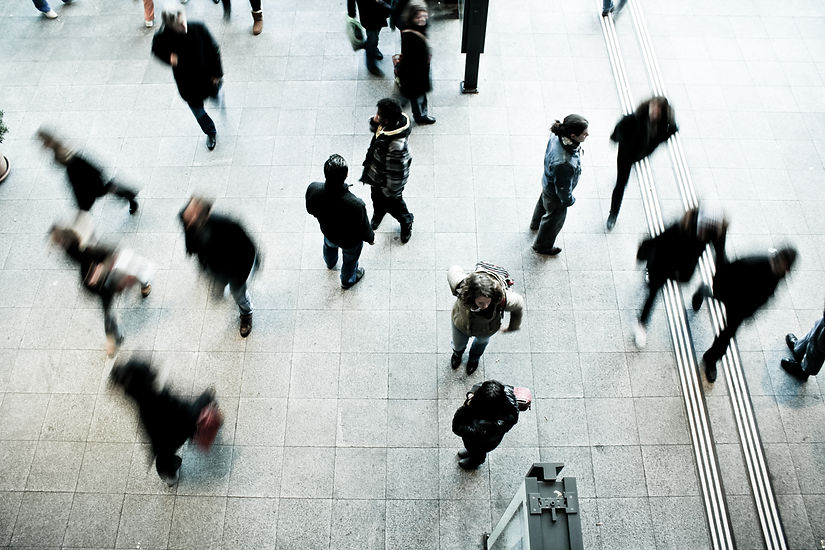

news
The Impact of VIDOC-19 on the Tourism Industry
COVID-19 is an infectious coronavirus disease, transmitted mainly by the oral route (sneezing, coughing, sputtering) but also by contact with hands or contaminated surfaces.
First appearing in Wuhan, China, at the end of 2019, the virus then spread throughout the world, contaminating some 30 countries and becoming a global pandemic.
Today, more than 2.7 million people have been infected since the beginning of the epidemic and nearly 200,000 have died worldwide.
As a result, government authorities had to take major decisions to limit the spread of the virus, such as the containment of their populations, the closure of borders, the closure of all so-called "non-essential" services in the eyes of the State such as bars, restaurants, shopping malls, hairdressing salons, beauty salons...
These measures are not without consequences for the tourism industry. Indeed, tourism is one of the sectors most affected by this health crisis, with repercussions on the supply and demand for travel. Thus, the World Tourism Organization (WTO) predicts a 20 to 30% drop in international tourist arrivals in 2020 compared to 2019. This would result in a loss of USD 300-450 billion in international tourism revenue. Nevertheless, these figures should be interpreted with caution in view of the dynamic nature of this crisis.
In order to support the tourism sector, the French government has put in place various measures:
issuing credit notes rather than reimbursing customers to ease the cash flow of many heavily impacted tourism professionals,
adaptation of registration, classification and labelling procedures during the health emergency period.
These measures would therefore enable tourism businesses to limit the financial impact of the crisis on their activity.
After a month of confinement, the Observatory of the Economy of Tourism, which deals with the effects of the epidemic on the activity of tourist operators and on the business climate, estimates that the loss of activity would be on average 40%. This affects first and foremost the hotel and restaurant sector with -90% of activity, as well as that of tour operators with -97% of reservations. "This loss could represent 25% of tourism GDP in 2020" (COVID-19: the loss of activity could represent 25% of tourism GDP in 2020, 23/04/20, Tourmag).
Today, tourism professionals seem to be satisfied with the measures taken by the government in the short term, however they question the effectiveness of these measures in the long term.
We do not know when this crisis will end, but one thing is certain: the return to normal will be long and the repercussions will be numerous.
Source : gouvernement.fr, unwto.org, lemonde.fr, linternaute.com, lechotouristique.com, tourmag.com.
